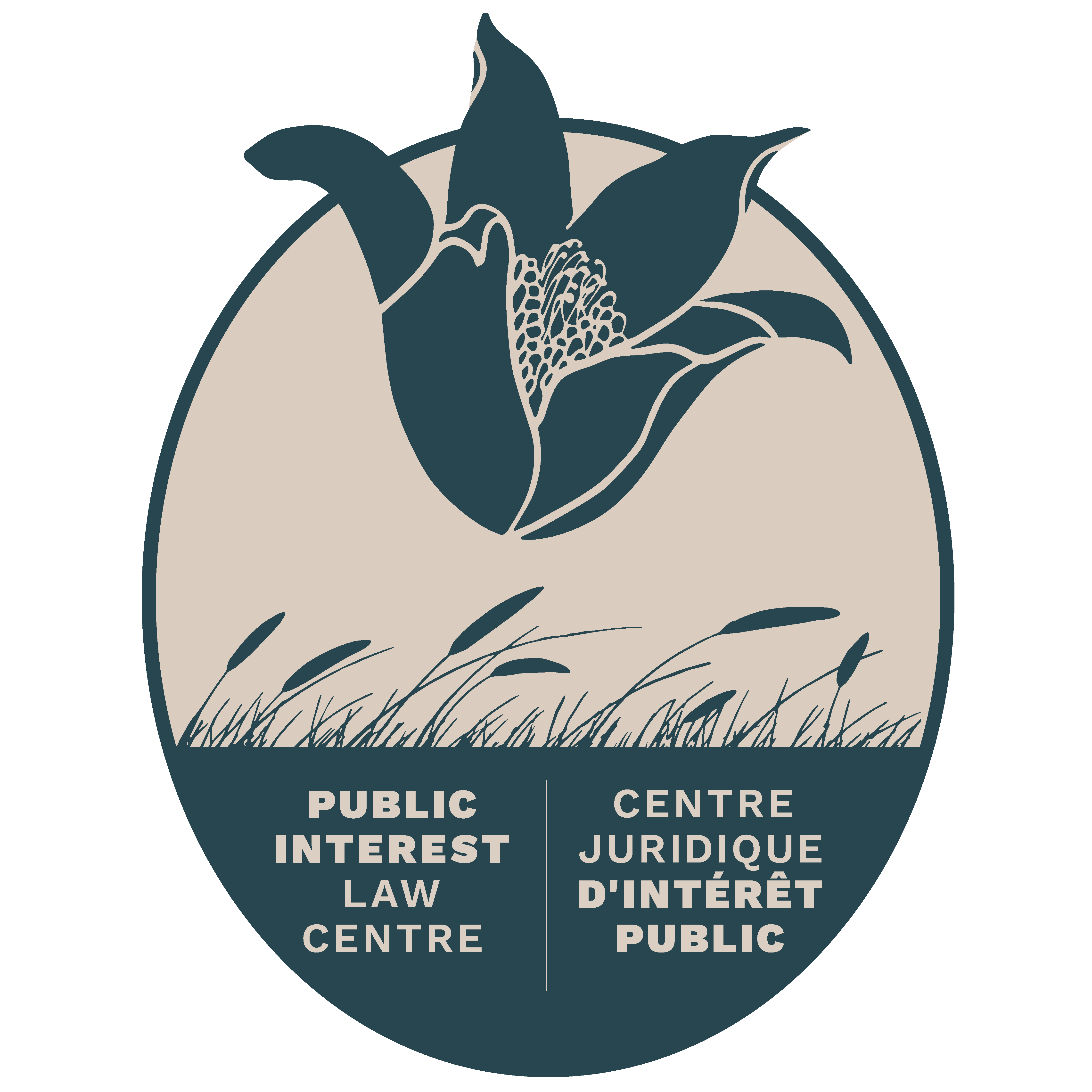Supreme Court to hear critical case on rights of people living in poverty, freedom from police intrusion
23/08/2018
WINNIPEG – A coalition of organizations who represent persons living in poverty, urban Indigenous people, persons living with mental illness and persons experiencing homelessness are intervening in the Supreme Court of Canada case R v. Le, a case dealing with a young man who was socializing in the fenced backyard of a townhouse where one of his friends lived. Police entered the backyard, located in a subsidized housing complex, uninvited and ultimately, the encounter led to the Mr. Le’s arrest as well as the seizure of a weapon and drugs.
The immediate issue of the case is whether an invited guest in a friend’s backyard has a reasonable expectation of being secure from uninvited police intrusion. The broader question is whether a privacy interest premised upon control over property can be meaningful for individuals who lack the resources and often the authority to proactively secure their dignity.
“It is critical that the government respects the privacy rights of all people living in Canada, including people living in poverty in our most marginalized communities, not just those who can afford to build tall fences on their own private property,” said Laura Neidhart of Canada Without Poverty.
While the Ontario Court of Appeal found that the police entry into the backyard was unlawful, a majority of the Court said that Mr Le did not have a reasonable expectation of privacy in his friend’s backyard. Lucille Bruce of End Homelessness Winnipeg, Inc. says “As a result of this decision, people living in poverty or experiencing housing insecurity may not have any privacy rights in the spaces they live and visit – simply because they do not have control over the lock and key.”
“Privacy means something different to people who lack both power and property. The Coalition’s participation in this case is about making sure that all people living in Canada enjoy the autonomy, dignity and privacy guaranteed by our Constitution.” said Marion Cooper of the Canadian Mental Health Association Manitoba and Winnipeg.
“This case is a clear example of the overpolicing and frequency of state intrusion into the lives of people in marginalized communities. A friend’s backyard, which should be a sanctuary from unreasonable police surveillance, becomes a place that police can invade at will to collect personal information from household guests,” said Damon Johnston of the Aboriginal Council of Winnipeg, Inc. “When we don’t include the voices of people with a lived experience of poverty, our laws and practices inevitably fall short.”
The Coalition is participating in the hearing by providing the Supreme Court with written submissions, which were filed with the Court on August 21, 2018. The Appeal will be heard in Ottawa on October 12, 2018 with a decision to follow. The Coalition is represented on a pro-bono basis by the Public Interest Law Centre and Fillmore Riley LLP.
For more information, see: Factum of Canada Without Poverty et al in R v Le
About the Coalition:
Coalition members include:
- Aboriginal Council of Winnipeg, Inc.: an urban Indigenous advocacy organization dedicated to the advancement of Indigenous people
- Canada Without Poverty: a national not-for-profit and charitable organization dedicated to the elimination of poverty
- Canadian Mental Health Association, Manitoba and Winnipeg: a mental health advocacy, education, research and service organization promoting the mental health of all people and supporting the resilience and recovery of people experiencing mental illness and addiction
- End Homelessness Winnipeg, Inc.: a not-for-profit and charitable organization dedicated to the elimination of homelessness



